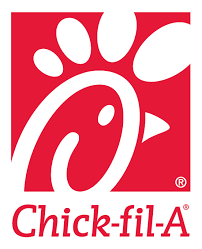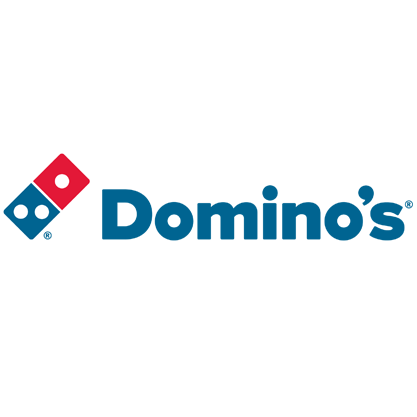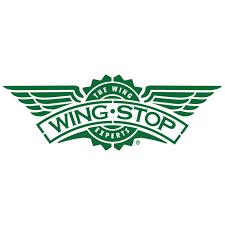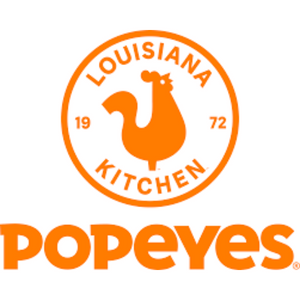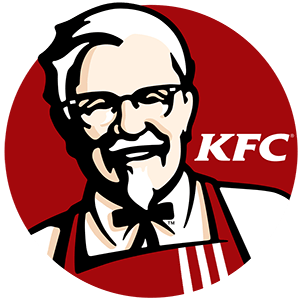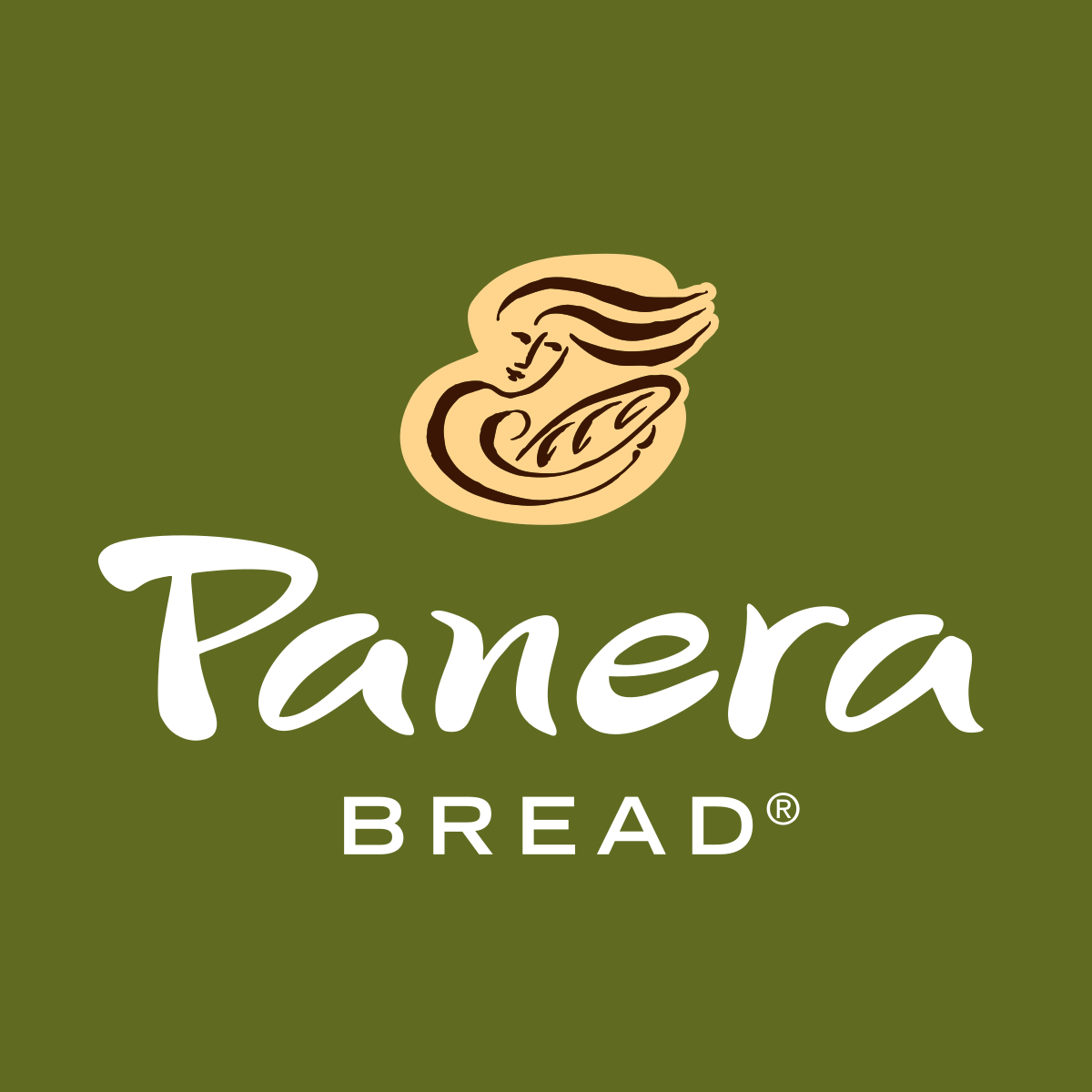How Much Money Can You Make Owning a Franchise?
What is a Franchise? In this article we will provide you with the perfect answer, alongside the Comprehensive Guide to Franchising in 2024!
Table of Contents:
What is a franchise?
Franchising is a great way to start a business as it allows you to basically sell an established brand and its methods without having to figure it all out yourself. There is huge profit potential in franchises if you execute the model right, so here are some key areas you should focus on as you start your franchising journey.
Reading off Wikipedia:
Franchising is based on a marketing concept which can be adopted by an organization as a strategy for business expansion. Where implemented, a franchisor licenses some or all of its know-how, procedures, intellectual property, use of its business model, brand, and rights to sell its branded products and services to a franchisee. In return, the franchisee pays certain fees and agrees to comply with certain obligations, typically set out in a franchise agreement.
Sounds confusing, doesn’t it? Here’s the gist: Basically, you pay a fee to a company to be able to use their proprietary systems, logos, advertising, equipment, recipes, etc. You also pay an ongoing fee called the royalty fee to the franchisor. We will discuss more about fees below. The company is the franchisor and you are the franchisee.
There is a large opportunity in the franchising industry with over 750,000 franchise locations in operation as of 2024.
How Much Do Franchise Owners Earn?
Looking at pay for the franchising industry, annual earnings can vary greatly. Some of the top franchises like Wendy’s pay upwards of $300,000 for the median franchisor and if you do more business than the median, your salary will go higher. When starting off, your pay might not be as high, but as you climb the franchising ladder, establish a big customer base, and get their loyalty, you will start earning more.
We estimate it can take from 1 to 3 years for a franchise to start making close to its potential earnings. This, however, varies from industry to industry and location to location. As such, when looking at a franchise, you should do your due diligence. If you want us to review a franchise for you and give you an estimate of our earning potential, reach out
How Long Do Franchise Owners Have to Work?
Depending on what your business is, and how much money you want to get out of it, you can be working anywhere from the same amount of hours you would working a full-time job to basically absentee ownership. It really depends on which franchise you have opened and whether or not you want to pay for additional staff members or not. When you’re just starting your business, you might be working close to the same number of hours as you would in a full-time job without taking any money home.
This is really important to keep in mind as you work through the process of starting a franchise. Later, you might have the option to transition to absentee ownership. The restaurant will basically run itself and you can net the profit from it.
Does It Cost a Lot of Money to Franchise?
No, it does not cost a lot of money to start a franchise. There are well-recognized restaurant chains like Chick-fil-A that only cost you $10,000 to start. There is also help available from the Small Business Administration (SBA), which can help you find a loan for your franchise or small business. You can also start a small franchise like Sign Gypsies that does not have a high start-up cost and you can basically get set up within a week of being approved.
Note that when you are starting a franchise, the initial investment could be anywhere from $10,000, as we have shown above, to upwards of $2 million. So there is a lot of room to choose from depending on your situation and goals.
What Industries Should I Look at for Franchises?
There are a ton of industries available to franchise. You can look at chains like McDonald’s, Domino’s, Pizza Hut, Baskin-Robbins, and many more. If you want to go into the Home Services sector or the Janitorial sector there are franchises like JAN-PRO. There is a ton of opportunity available, and if you need more help figuring out what industry might be a good goal for you, you should take our Entrepreneur Quiz or get in touch with us and one of our analysts can guide you through the process of selecting and starting a franchise.
Why Should I Franchise Instead of Starting My Own Business?
This is a very good question and an important one to ask while starting a franchise. We recommend starting a franchise because there are a lot of franchises in the marketplace, which gives you a lot of options to choose from. Also, a lot of franchises have an established customer image. For example, if you walk into a McDonald’s franchise, you know that you are going to get a certain standard of food. The golden arches are also recognizable from a distance.
Another huge benefit of franchising is that you do not have to come up with your own menu or service offerings. The franchisor will provide you with all that you need including an initial inventory, training, and sometimes even ongoing support.
What Are Some Other Things I Need to Consider When Starting a Franchise?
This is a broad list but some of the rough things are:
- Some franchises offer discounts for certain groups like veterans. Be sure to check with the franchisor for any discounts you might be eligible for.
- Look at past lawsuits. It is very much possible that a franchise that looks perfect on the surface has a murky legal history.
- Ask questions to the franchisor and talk to at least 3 to 5 franchisees of the company. If they’re in your general area, that is even better. Current franchisees are going to provide you with a lot of valuable information on potential financials and whether or not the company has a good relationship with its franchisees.
- Lastly, and we cannot overstate this enough, do your due diligence. You do not want to be stuck in a business that you do not like or whose promised product is different from what you are actually being given
The Startup Cost
Let’s look at some of the hidden costs before moving on to more tangible fees. It takes some time to get your franchise off the ground. We conservatively estimate that it is 2 years for food and service industries and 6 to 30 months for other industries. A preschool, for example, might be closer to 30 months, especially if it is a ground-up construction.
It takes that time for your business to get set up and off the ground. All the while, you will be paying the costs of running that business consistently. As such, it takes a lot of time to generate a net positive cash flow and you must keep that in mind when you start a franchise business. Also, our estimates are just that, estimates.
The actual time it takes can be much more different as many factors affect the sales, costs, and expenses of your Franchised Store. The Franchised Store’s size, geographic location, service offerings, and competition in the marketplace are also things you should think about. The presence of other stores in the industry is a major factor, as is the extent of market penetration and the brand awareness that your stores have attained in your market alongside the quality of management and service at your Franchised Store.
Low-Cost Franchises
An often-overlooked factor of low-cost franchises with a small starting initial investment is that there isn’t enough profit margin for you to become a manager. As a franchisee of a low-cost service franchise, you might find yourself working for the first 12 to 18 months full-time. That means you won’t have the time to work another job or take care of other responsibilities you might have, like childcare or eldercare at home.
The Cost of Your Time
The Franchise Disclosure Documents (FDDs) list all the costs of material, location, and training you need, but one important cost they do not talk about is the cost of your time or the opportunity cost that comes from what you could’ve been doing if not running the franchise. You need to be ready to leave the job that pays you $100,000 or $200,000 a year and be ready to not make anything for a couple of years.
Legal and Research Fees
Even before you sign an agreement with a franchisor, you will incur costs such as professional fees. Those costs could include hiring an accountant or researcher to do market research for you and run the numbers in your area, or a lawyer to review the agreement and look things over. If you end up doing the research yourself, you will be paying for that research with time.
Financial Requirements
A lot of franchisors also require a minimum net worth with a minimum liquid asset limit. Even though you might not end up using all of it, the franchisor wants to make sure that you will have at least enough money to complete the launch of your store. You might end up taking out loans to this end. The interest you pay on those loans ends up also being a cost you incur, even though you might end up not losing that money.
Travel Expenses
To train adequately for running the franchise, the franchisor will ask you to travel to its locations or headquarters a lot of times. While the training fee might be covered by the Initial Franchise Fee, the travel cost and any associated costs are not. You will be on your own for arranging your travel, stay, and food whenever you go on such training.
Now, let’s move on to some of the more tangible costs of starting a franchise.
Franchise Fee
The initial franchise fee is a fee that the franchisor charges you so you have the right to use its logo, brand name, products, and other intellectual property. You rent those things from the franchisor in return for the brand name recognition, aesthetic identity, and brand loyalty your store gets from customers. The initial franchise fee is above $500 (per FTC rules) but $20,000 to $50,000 is more typical.
For example, Subway charges $15,000 as its initial franchise fee. These fees, found in Item 7 of the FDD, are also sometimes discounted for veterans, employees, and other categories of people depending on the franchise. Check with the franchisor to see if you might qualify for any discounts.
Grand Opening Fee
Very common with Food and Beverage franchises but also found in many other industries, the franchisor will sometimes require you to have a grand opening to generate awareness in your business area. This fee ensures that people know that a location of the franchise is operating in their area. This fee might cover a number of costs like local advertising, brand image building activities, and special offerings for the grand opening
Leasehold/Improvement Fee
Most of the time, franchises want to standardize the feel of their locations. To that end, they might suggest a range that you will likely have to spend on a location, getting it up to code and making it feel like any other location of the franchise. To have a look at a franchise that does not require a standard look and allows creative freedom in the aesthetic of a location, have a look at Mushroom Pizza.
Inventory Fee
In a lot of locations, you will need to stock your inventory with food if you’re operating a Food and Beverage franchise, fabric if you’re running a Clothing franchise, and so on. You need the franchisor to provide you with those products. For those products, the franchisor will charge you for basically selling you those things.
As an example, McDonald’s will charge you between $10,000 and $32,000 for initial inventory depending on your restaurant’s location, footfall, expected traffic, and other factors.
Furniture, Fixtures, and Equipment (FF&E) Costs
This fee refers to all the business property not tied to one location. This includes all fees, from plasma displays for menus to the deep fryers for the delicious fried chicken at your business. These depreciate very quickly in value but are an important cost to consider, nonetheless, as the business cannot operate without these. This is the equipment that is used to produce the product for sale for the business.
The table above, from Wingstop, lists out the estimated price range of FF&E.
Additional Funds Needed, aka Working Capital
A lot of times, the FDD will make some mention of additional funds you need to run the franchised location. This is the money the business thinks it needs or plans to invest to expand its operations and increase the sales level A business will need more assets to increase the sales level, and the Additional Funds Needed (AFN) is the money necessary to make it possible.To figure out how many more additional funds you’ll actually need, you should speak to existing businesses of the franchise in your or similar areas.
Breakeven
Now that we have looked at some of the common franchise fees, it is important to talk about another thing: the breakeven point. You must have a breakeven point in mind and you need to be slightly flexible with it. Depending on where you do business, it might take a very long time to break even.
Conversely, some franchisors claim their locations break even in a couple of years too. Speaking to existing owners about their financials and creating models for yourself will help you get a better idea of where your business will stand.
What Is a Master Franchise?
There is another system of franchising in addition to regular franchising: a master franchise. A master franchise system is one in which a franchise brand establishes a relationship with another party to grant the latter the right to recruit new franchisees in a geographic location. The agreement those two parties sign is a Master Franchise Agreement. The master franchisee typically pays some money to the master franchisor and takes on some or all responsibility to train and support new locations in their area. The master franchisees are sometimes referred to as subfranchisors because their role is similar to the master franchisor except in a given location.
Most franchisors use this strategy as an international growth strategy, expanding out of their local markets. According to a research survey, 20% of all U.S.-based franchisors use master franchising to expand outside U.S. borders.
Who?
Many franchisors, including big names like Burger King, McDonald’s, and Popeyes, will create and sell master franchisees. The broad categories of businesses we see adopting this model are fast-food restaurants and cleaning franchises among many others.
Sometimes subfranchisors also aggregate brands together. Devyani International, an Indian company, is basically a subfranchisor for Yum! Brands (the U.S. fast-food company that owns KFC, Pizza Hut, and Taco Bell) alongside Costa Coffee and runs 655 stores in India, Nepal, and Nigeria.
Why?
Let’s start with why franchises exist at all. Franchises enable the product to be made available in a larger region and to a larger amount of people. This is because it might not be viable for Corporate to run and manage that many locations. The franchisor gives up control of the day-to-day and some money in exchange for their brand to be spread to more locations by managing the look and feel of its locations.
A master franchisor grants the master franchisee, or subfranchisor, the right to operations in a given geographic zone. The subfranchisor assumes the role of the franchisor in that area, but they typically will not own or operate the franchise. A master franchise allows the company holding the franchising permit to benefit from management talent and more accessible capital.
These factors lead to a greater market penetration worldwide and give the company a competitive advantage as management in a location is better able to understand the ins and out of running the business there. This leads to higher growth rates for the franchise.
Why Not?
When there is an additional layer of abstraction added, there are bound to be inefficiencies in the system. This raises administrative costs for the master franchisor too. Because a Master Franchise Agreement cannot possibly cover everything that the subfranchisor must do, the latter can find a loophole in the agreement and exploit it to its own advantage.
Another huge reason why some bigger businesses are hesitant to subfranchise is that they are afraid of brand fragmentation. Once there is an additional layer of management between them and the final location, it is very much possible that the end product is ever so slightly different in service, visual appeal, and product offering than it would have been if the master franchisor directly franchised. If that difference is very wide, it might end up causing trouble for the master franchisor as not only will people come to expect a different quality of service at different stores, they might also form a negative image of the brand due to the quality of service rendered.
Another huge reason is that,that, in addition to increasing costs, this system also decreases revenue. The subfranchisor will also take a cut out of what the master franchisor would’ve gotten in full otherwise.
How Does It Work?
The subfranchisor enters into contracts with subfranchisees to expand in the location. There is no standard master franchise relationship and, and it comes in various flavors:
- The subfranchisor directly agrees upon something with the franchisor or master franchisee
- The franchisors might have given up control of new subfranchisees
- Either or both the master franchisor and the master franchisee might keep providing training and support to the subfranchisee
- The subfranchisor might pay fees directly to the master franchisor or master franchisee or both
What Is the Difference Between a Master Franchise and an Area Development Agreement?
A master franchise is different from an Area Development Agreement (ADA) because the subfranchisor is not required to develop its area itself. Panera Bread is an example of a firm that operates on the ADA model. Once you enter into an ADA with Panera, it will train you in operations and continuously support you until you fulfill your agreement of opening a certain number of locations in a given amount of time. Historically, Panera has sold agreements that require the development of around 15 locations in 5 to 6 years. Sometimes these agreements also include the role of a master franchisee where you will be handling multiple franchisees, such as in the case of Jantize.
The master franchising model takes the two-tier franchise model and extends it to three tiers with the division of responsibility between all three tiers. If done right and a healthy, efficient relationship is established between the master franchisor, master franchisee/subfranchisor, and subfranchisee, the cash flows are increased for the franchisor. In addition, this has the benefit of providing greater penetration in the global market, better brand recognition, and more opportunity to reach people.
Conclusion
While we cannot comment on each individual situation, and because different types of business and work models work for different kinds of people, franchising is a good way to start a business. If you are in the right franchise, you can earn a lot of money. We advise you to consider the pros and cons of working and running a franchise and choose accordingly.
If you need any help, you can always get in touch with us at Vetted Biz and we can help you. Vetted Biz also publishes blog articles analyzing franchises that you can look through and get in-depth analyses of owner salaries, how the franchisor is doing, how much you can resell for, and much more!



